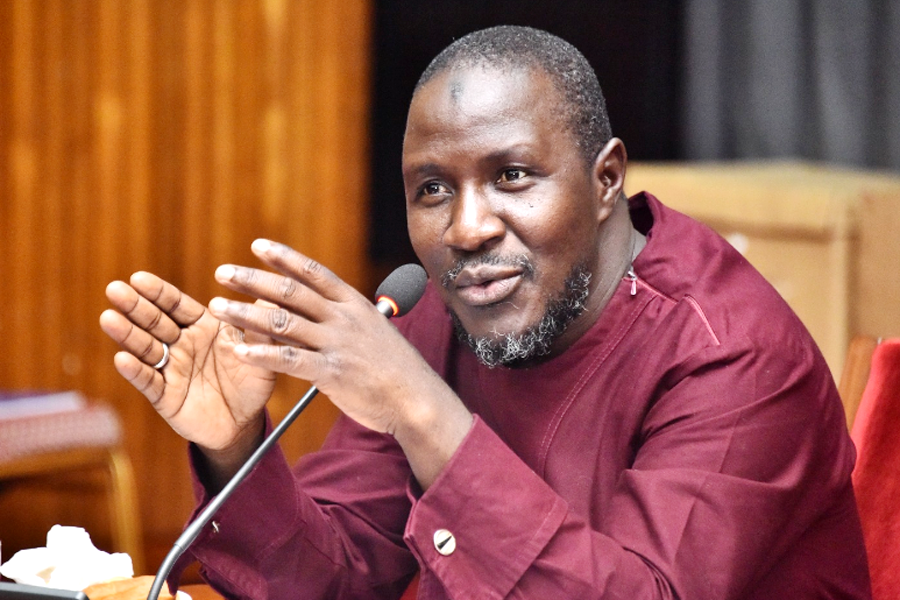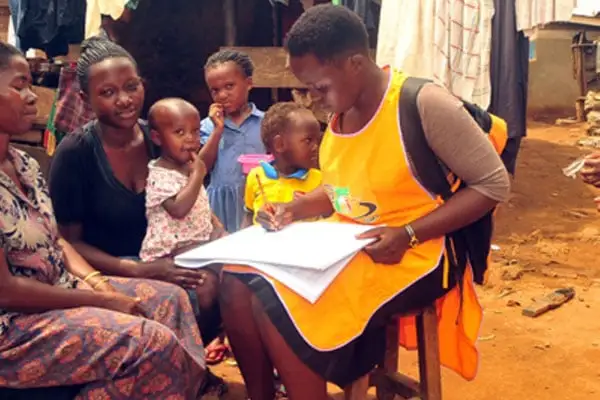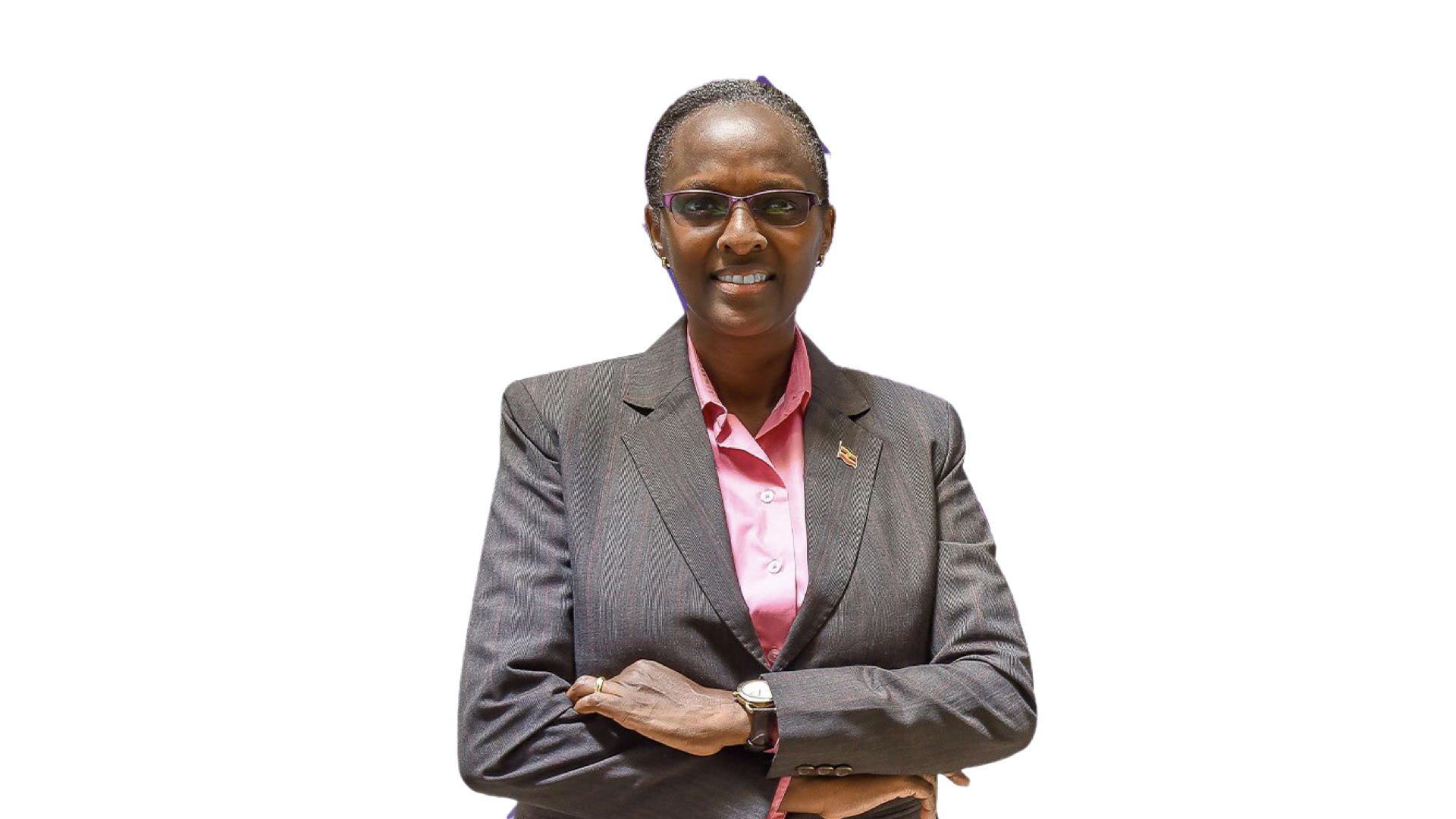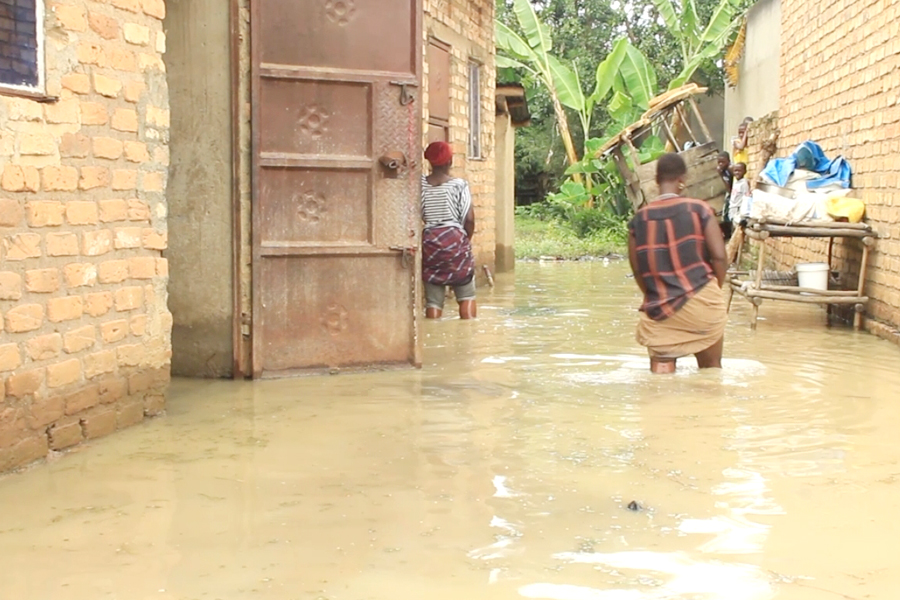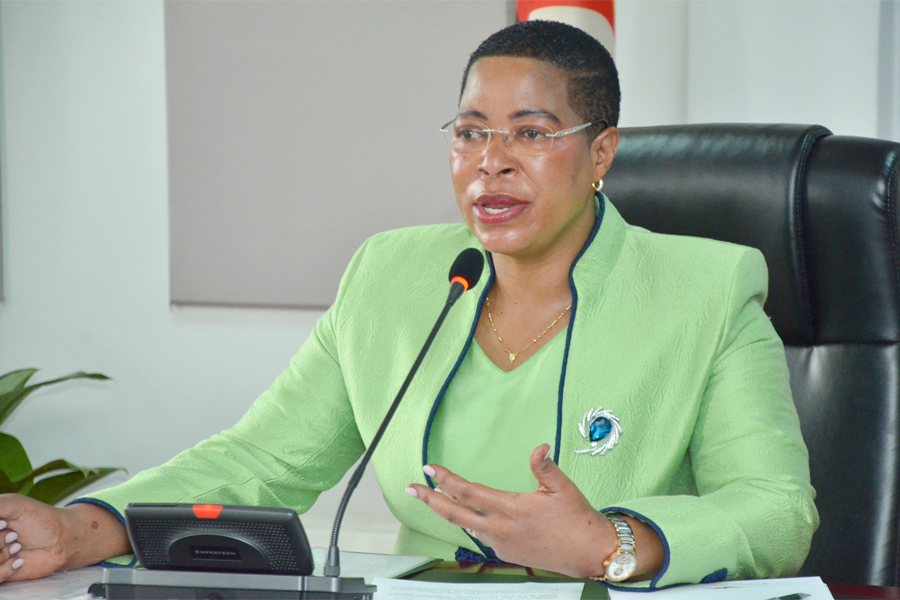World Malaria Day 2024: Reflecting on Progress and Challenges

As the world commemorates World Malaria Day on April 25, 2024, global attention turns to the ongoing battle against one of the oldest and deadliest diseases known to humanity. Established by the World Health Organization (WHO) in 2007, this annual event serves as a platform to highlight the global efforts to control and ultimately eradicate malaria.
Marking this significant day, leaders, healthcare professionals, and organizations around the globe are reflecting on the progress made in the fight against malaria, while also acknowledging the persistent challenges that lie ahead.
Keep Reading
Over the past decade, substantial strides have been made in reducing the burden of malaria. According to the WHO, between 2000 and 2020, malaria mortality rates fell by an impressive 44% globally. This progress can be attributed to a combination of factors, including increased funding for malaria prevention and control programs, the widespread distribution of insecticide-treated bed nets, improved access to diagnostic testing and effective treatment, as well as innovative research and development of new tools and strategies.
In recent years, advancements in technology have played a crucial role in the fight against malaria. From the development of new antimalarial drugs to the use of drones for delivering essential supplies to remote communities, technology continues to revolutionize malaria control efforts, particularly in hard-to-reach areas.
Despite these achievements, malaria remains a significant public health challenge, particularly in sub-Saharan Africa, where the disease continues to claim the lives of hundreds of thousands of people each year, most of whom are children under the age of five. The emergence of drug-resistant strains of the malaria parasite, as well as insecticide-resistant mosquitoes, poses further obstacles to elimination efforts.
One of the key themes of World Malaria Day 2024 is the importance of maintaining political commitment and financial investment in malaria control and elimination efforts. Sustainable funding is essential to sustain the progress achieved so far and to scale up interventions in regions where malaria transmission persists.
Addressing the social determinants of malaria, such as poverty, lack of access to healthcare, and inadequate sanitation and housing, is also critical in the fight against the disease. Strengthening health systems and improving access to essential services are integral components of a comprehensive malaria control strategy.
In addition to government initiatives, partnerships between governments, non-governmental organizations, the private sector, and communities are vital for accelerating progress towards malaria elimination. Collaboration and coordination at all levels are essential to ensure that resources are utilized effectively and that interventions reach those who need them most.
As the world continues to grapple with the COVID-19 pandemic, there is growing recognition of the interconnectedness between infectious diseases and the importance of maintaining resilient health systems capable of responding to multiple health threats simultaneously.
On World Malaria Day 2024, let us reaffirm our commitment to ending malaria within a generation. By working together, harnessing the power of innovation, and investing in the health and well-being of communities everywhere, we can overcome the challenges posed by malaria and create a healthier, more prosperous future for all.





